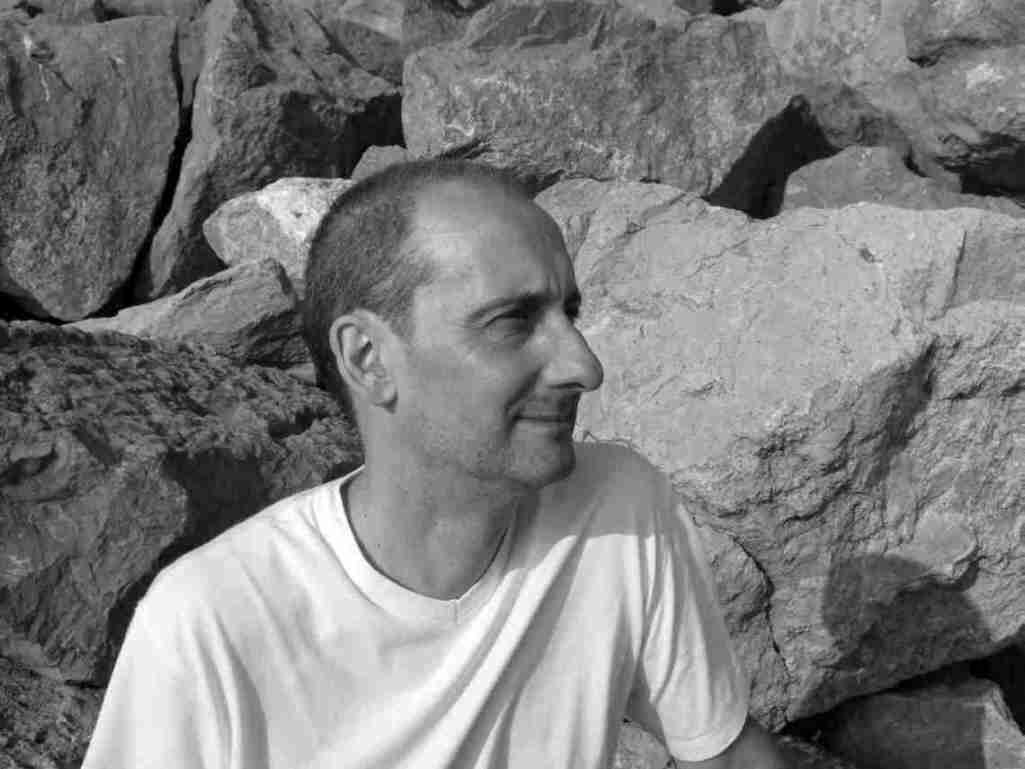
"And if you can imagine a combination of Jack London, James Stephens and James Oliver Curwood- with a bit of roaring O'Neill thrown in for good measure, there you have Cosnahan!" Elephant and Colosseum
The above is quoted by Cosnahan while reading a review of one of his novels in Lowry's short story. These appear to be the only references in Lowry's work to James Stephens and James Oliver Curwood.
James Stephens

James Stephens wrote many retellings of Irish myths and fairy tales. His retellings are marked by a rare combination of humor and lyricism (Deirdre, and Irish Fairy Tales are often singled out for praise). He also wrote several original novels (Crock of Gold, Etched in Moonlight, Demi-Gods) loosely based on Irish fairy tales. "Crock of Gold," in particular, achieved enduring popularity and was frequently reprinted throughout the author's lifetime.
Stephens began his career as a poet under the tutelage of "Æ" (George William Russell). His first book of poems, "Insurrections," was published in 1909. His last book, "Kings and the Moon" (1938), was also a volume of verse.
In the 1930s, Stephens had some acquaintance with James Joyce, who found that they shared a birth year (and, Joyce mistakenly believed, a birthday). Joyce, who was concerned with his ability to finish what would later become Finnegans Wake, proposed at one point that Stephens assist him, with the authorship credited to JJ & S (James Joyce & Stephens, also a pun for the popular Irish whiskey made by John Jameson & Sons). The plan, however, never came to fruition, as Joyce was able to complete the work on his own.
In the last decade of his life, Stephens found a new audience through a series of broadcasts on the BBC. Wikipedia
James Oliver Curwood

James Oliver Curwood (June 12, 1878 – August 13, 1927) was an American novelist and conservationist. His writing studio, Curwood Castle, is now a museum in Owosso, Michigan.
Curwood was born in Owosso, the youngest of four children. He left high school before graduation, but passed the entrance exam to the University of Michigan, where he enrolled in the English department and studied journalism. After two years, he quit college to become a reporter. In 1900, Curwood sold his first story while working for the Detroit News-Tribune. By 1909 he had saved enough money to travel to the Canadian northwest, a trip that provided the inspiration for his wilderness adventure stories. The success of his novels afforded him the opportunity to return to the Yukon and Alaska for several months each year that allowed him to write more than thirty such books.
By 1922, Curwood's writings had made him a very wealthy man and he fulfilled a childhood fantasy by building Curwood Castle in Owosso. Constructed in the style of an 18th century French chateau, the estate overlooked the Shiawassee River. In one of the homes' two large turrets, Curwood set up his writing studio. He also owned a camp in a remote area in Baraga County, Michigan, near the Huron Mountains as well as a cabin in Roscommon, Michigan.
Curwood was an avid hunter in his youth; however, as he grew older, he became an advocate of environmentalism and was appointed to the Michigan Conservation Commission in 1926. The change in his attitude toward wild life can be best expressed by a quote from The Grizzly King: "The greatest thrill is not to kill but to let live."
In 1927, while on a fishing trip in Florida, Curwood was bitten on the thigh by what was believed to have been a spider and he had an immediate allergic reaction. Health problems related to the bite escalated over the next few months and infection set in that led to his death from blood poisoning at the age of 48. Curwood was interred in the Oak Hill Cemetery in Owosso. At the time of his death, he was the highest paid (per word) author in the world Read more on Wikipedia







No comments:
Post a Comment